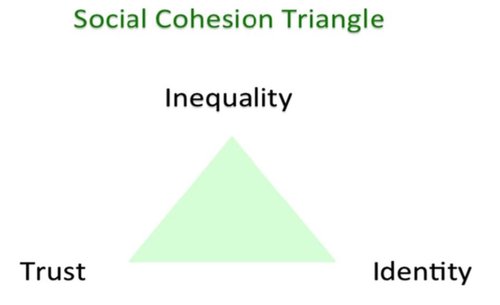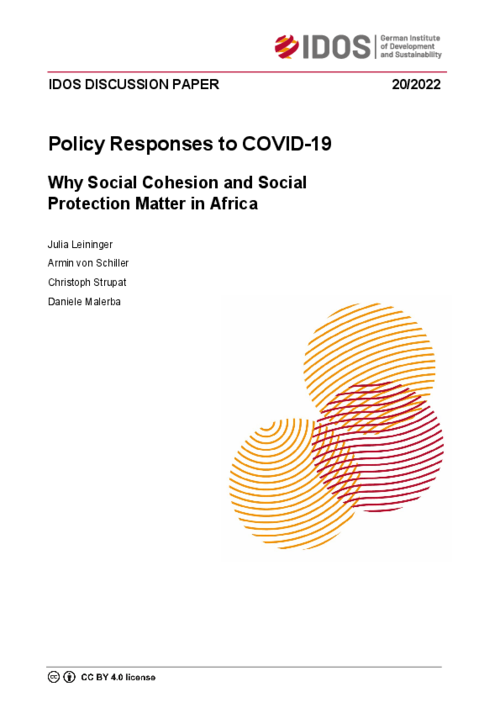From Evangelical to Structural: A Typology of European Sport for Social Cohesion Programs
Key facts
Intergroup relations
Identity/feeling of belonging
Participation
Orientation towards the common good
Solidarity
Shared values
Cooperation
Tolerance
Concept & measurement
Development cooperation
Summary
Despite growing activity connecting sport to social cohesion, in sport-related literature, social cohesion is poorly defined and primarily organized along narrow dimensions of social relations or social capital. Yet social cohesion is a complex, multidimensional concept that encompasses belonging, shared values, trust, and civic participation. Much literature does not explore these other components in-depth, and we know little about how sport programs understand and address these components of social cohesion. Against this background, using qualitative data from a mapping survey completed by 84 European sport organizations, this study aims to create a typology of the main sport for social cohesion approaches in Europe. In the end, four main types are identified: evangelical approaches that rely solely on the power of sport; value approaches that mix sport participation with the promotion of values; integration approaches that combine sport and civic participation to foster social capital and cohesion; and belonging approaches that encourage trust, dialogue, and a greater sense belonging. To conclude, these types are critically discussed and situated against existing literature, focusing on how a fifth, more structural type might take shape.




